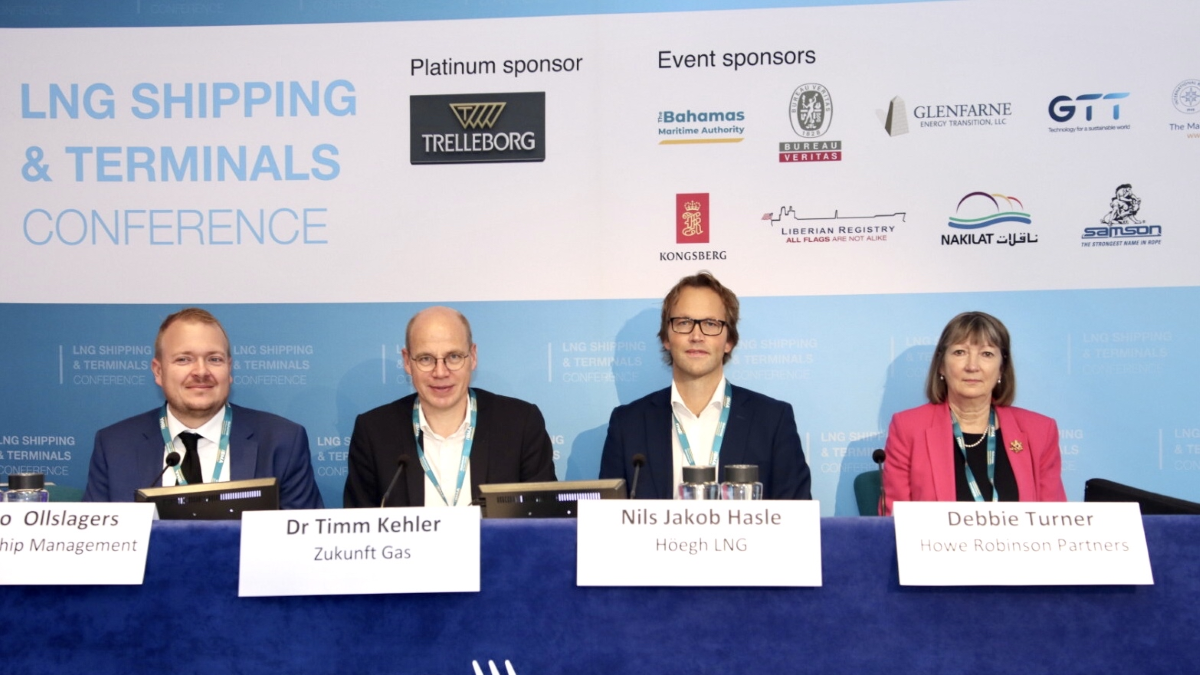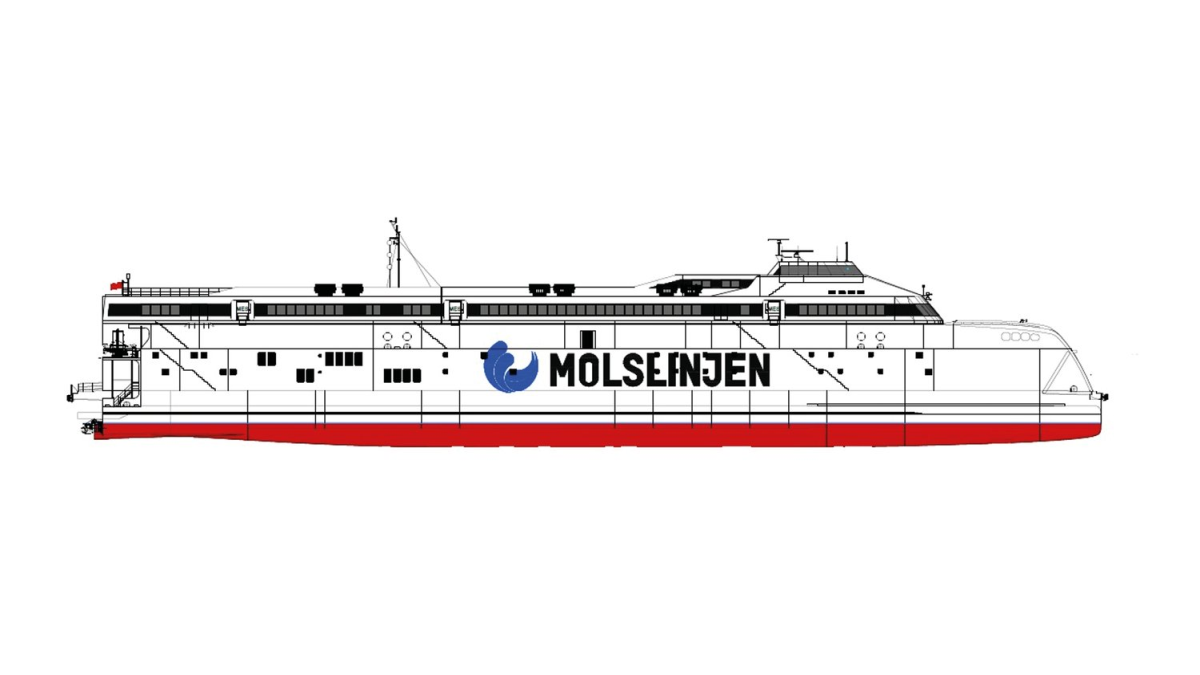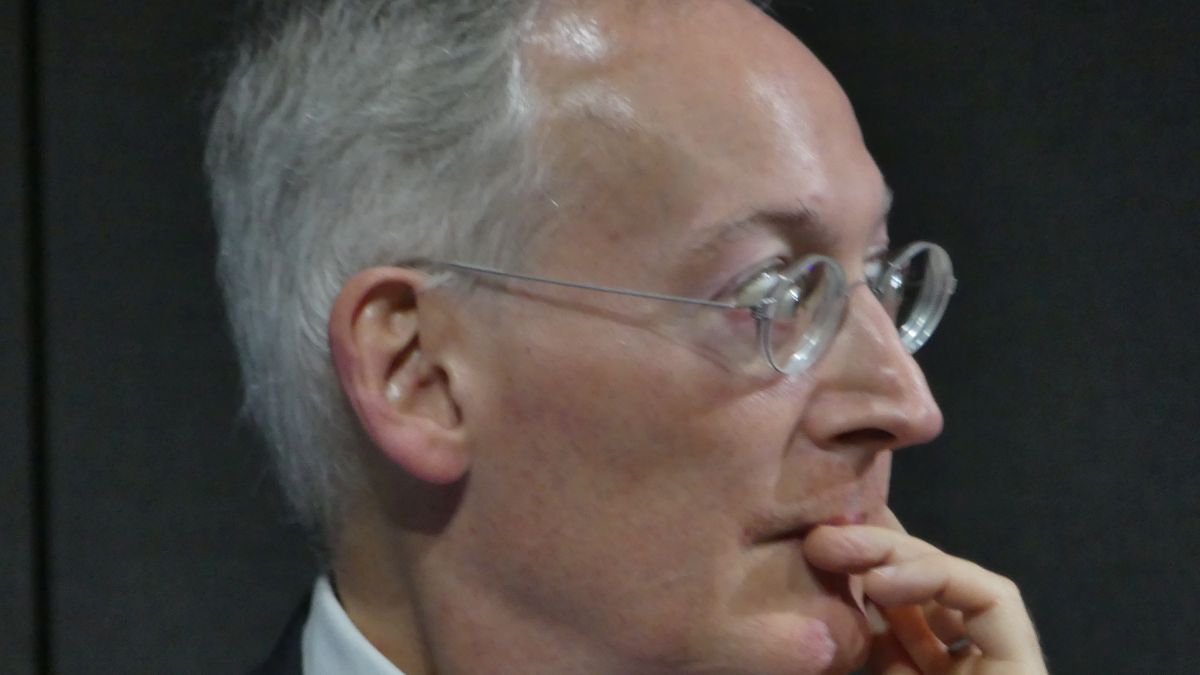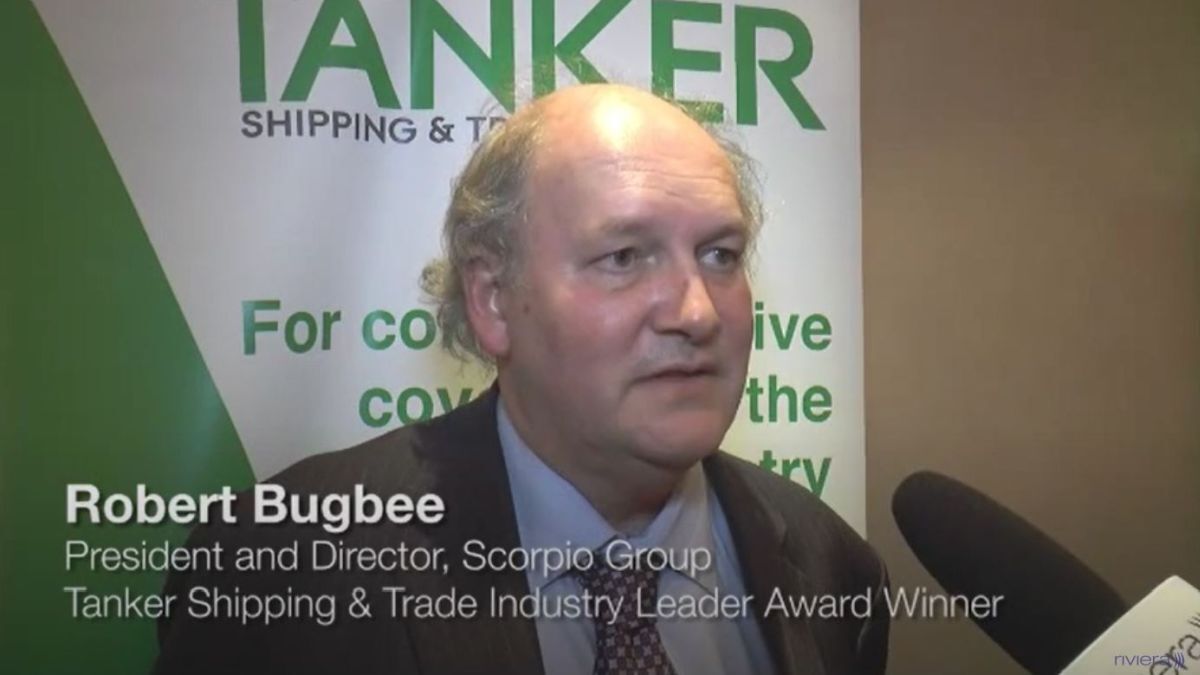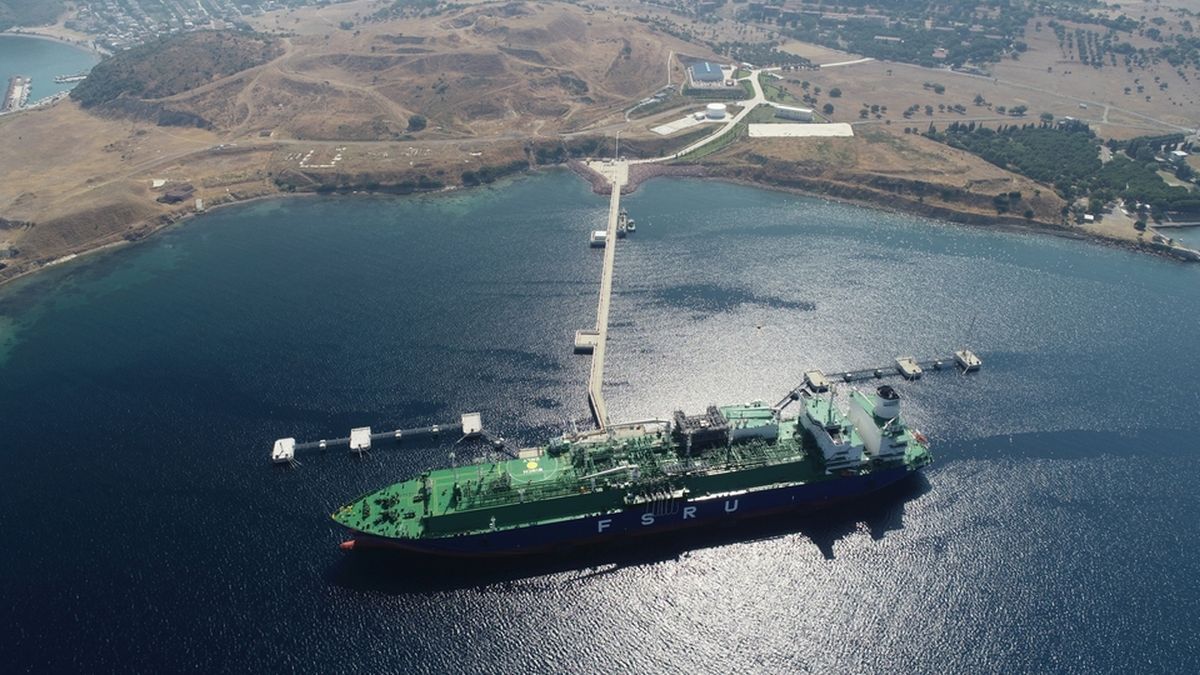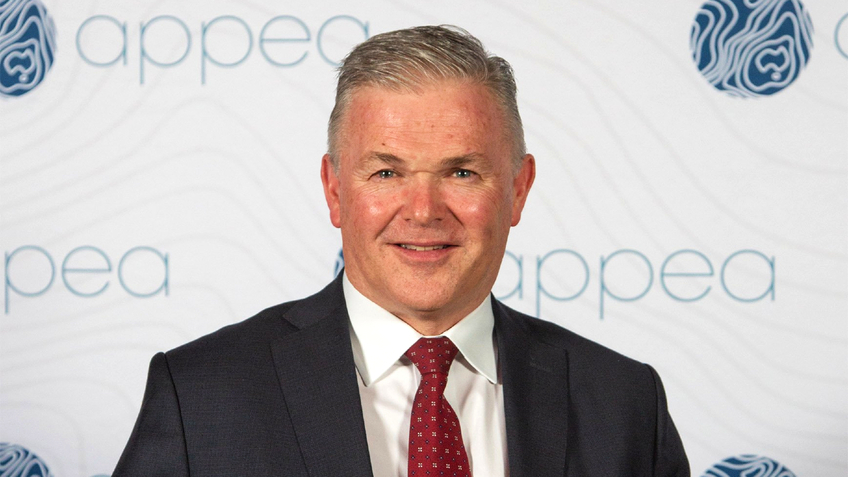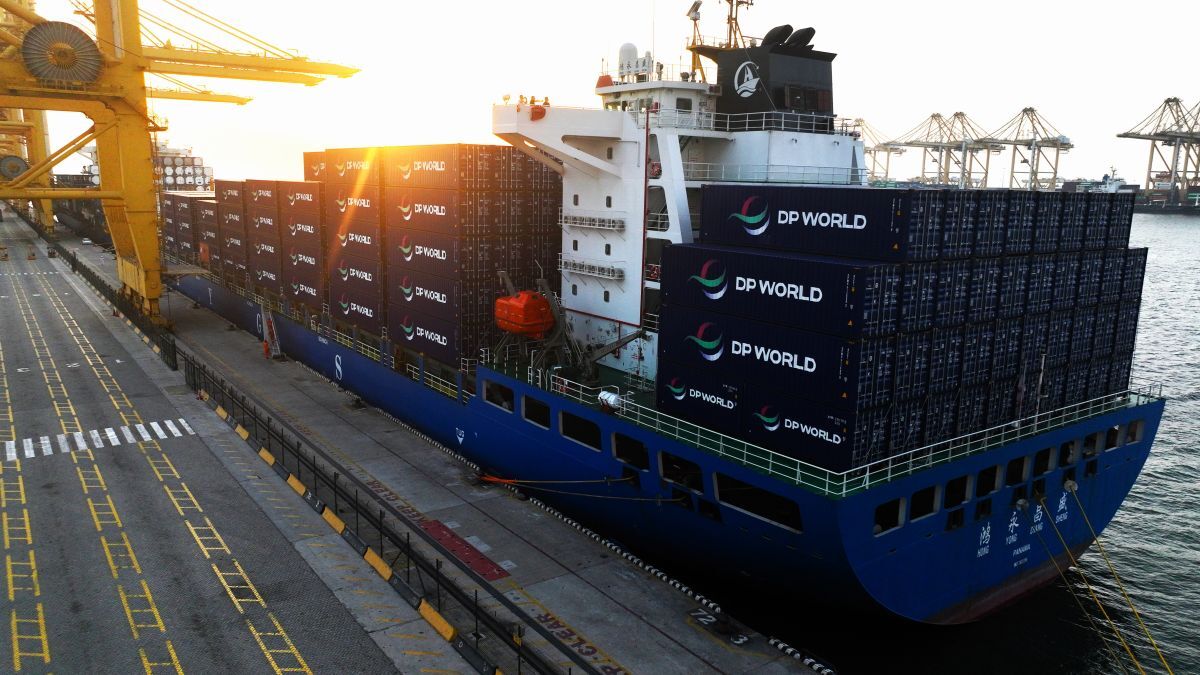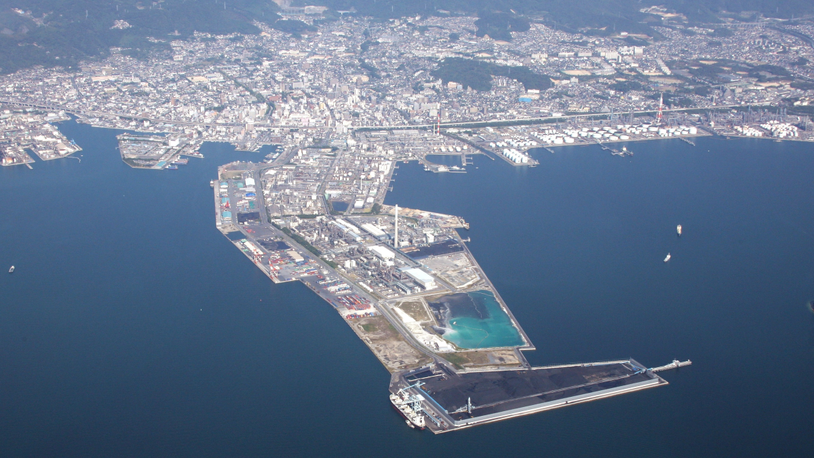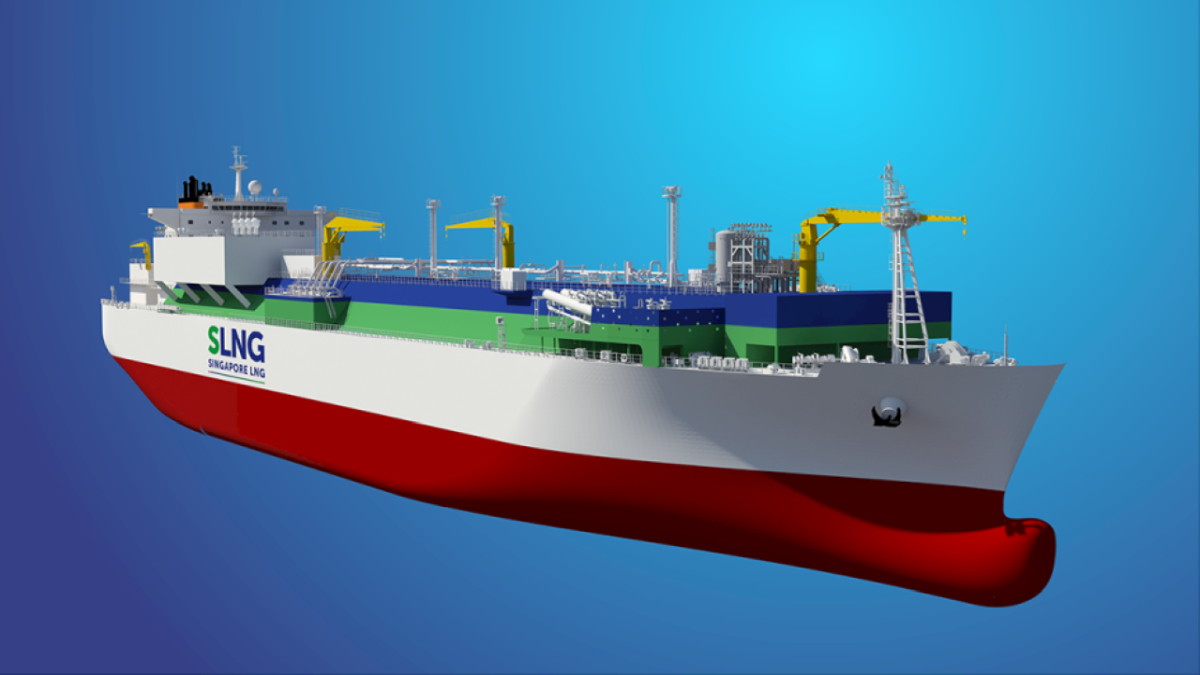Business Sectors
Events
Offshore Wind Webinar Week
Contents
Register to read more articles.
The Ukraine war, the LNG industry and the ramifications
Senior LNG shipping industry figures took on the subject of Russia’s war against Ukraine and how the war is affecting the LNG industry at the LNG Shipping and Terminals Conference, Europe 2022
EXMAR Ship Management managing director Guido Olislagers, Zukunft Gas CEO Dr Timm Kehler, Höegh LNG SVP fleet management Nils Jakob Hasle and Howe Robinson senior broker Debbie Turner, discussed the short-and long-term issues facing the LNG shipping industry as a result of the war.
Mr Hasle opened the discussion with a look at the example of Lithuania’s decision to move away from Russian energy supplies as early as 2012. At the time, Lithuania’s then energy minister came back from a state visit to Russia with the recommendation that Lithuania needed to be energy independent.
By 2014, the country had an FSRU project underway, and, shortly after, its national energy costs fell by 20%.
Fast-forwarding seven years, Europe is following the template set by Lithuania, Mr Hasle said. By the end of 2025, Höegh LNG will have supplied five FSRUs in Europe with a capacity of in excess of 20 billion cubic metres (Bn m3).
Discussing the EU country arguably most dependent on Russian supplies of natural gas, Dr Kehler noted that gas remains the second most important fuel in Germany. And that, even with a broad and deep gas supply network and FSRUs in place, “Germany will still require molecules”.
In the short-term, Dr Kehler said the EU’s LNG-enabled shift away from Russian energy will be bridged by gas from the US but that gas is seen as a transition fuel in an overall move toward a renewables and hydrogen-based energy mix.
Dr Kehler pointed to substantial cooperation that has come into place across the LNG supply chain to ensure that gas storage is nearly full for the European winter of 2022-2023. But, he expressed an awareness of the need to address concerns of strategic vulnerabilities to major energy imports into the EU in the medium-term.
Mr Olislagers agreed that the level of cooperation in the gas supply chain in Europe has been remarkable, saying that , at all levels, collaboration between partners is driving forward a longer-term view of moving from pipeline gas to hydrogen.
“This will be an example for the rest of the world,” Mr Olislagers said. “Europe is taking the steps required and the rest of the world can follow.”
Answering the question regarding what might happen if Russia agreed to re-open the Nord Stream pipeline to Germany, Dr Kehler said there is no rationale at the moment to reconnect to Russian gas supplies. Aside from the political difficulties, he said there technical issues that would need to be overcome but that, if such a decision were to be taken, it would, of course, put marked downward pressure on gas prices.
Riviera Maritime Media has a comprehensive conference programme for the remainder of 2022 and will provide free technical and operational webinars in 2023. Sign up to attend on our events page
Related to this Story
Events
Offshore Wind Webinar Week
Maritime Decarbonisation, Europe: Conference, Awards & Exhibition 2025
Offshore Support Journal Conference, Americas 2025
© 2024 Riviera Maritime Media Ltd.


